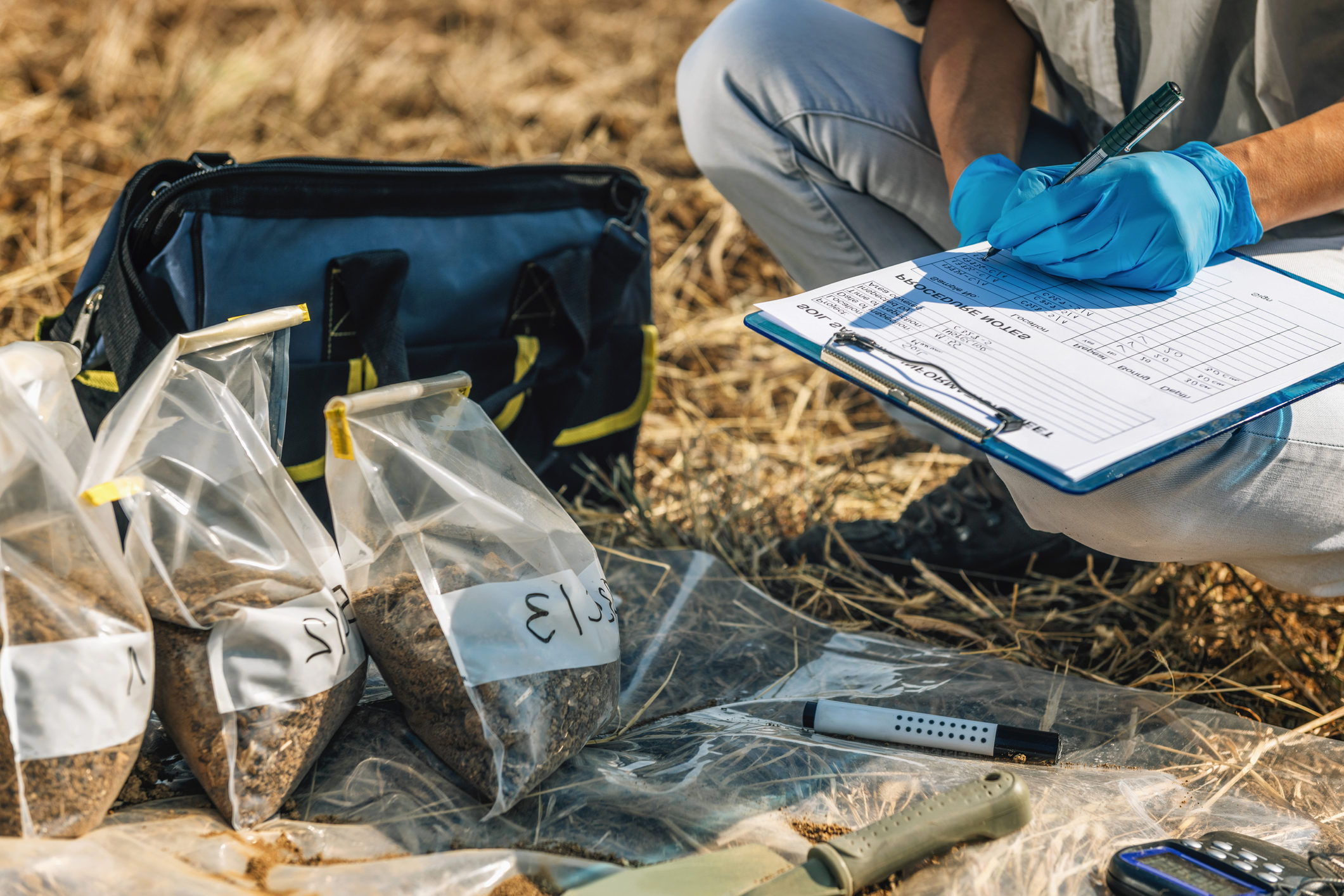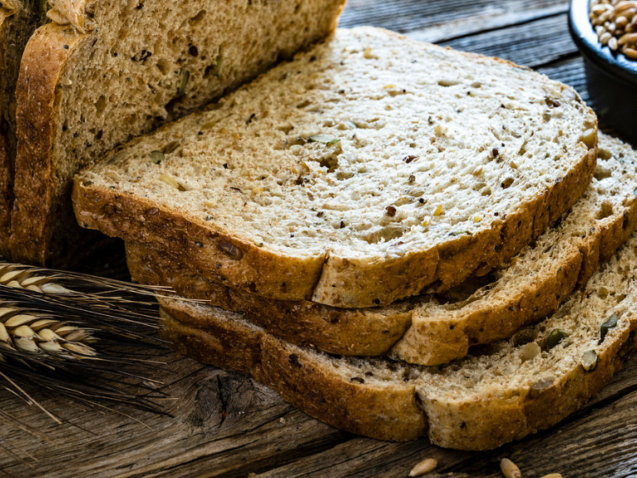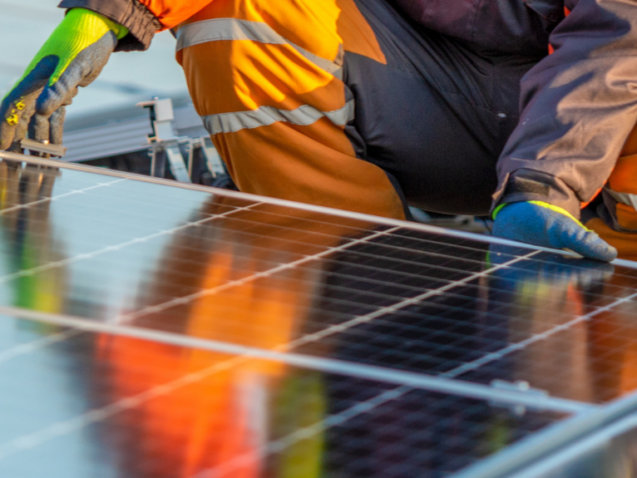To be the global standard for food sustainability, the EU must commit more to research and innovation (R&I). Only with ambitious and science-based regulation can we make Europe the R&I capital of the world.
The European food and drink industry invests around €3 billion in R&I but going forward we need to increase investments from both the public and private sectors to remain competitive.
Future research and innovation will help to improve health, deliver on the EU Green Deal, and protect nature whilst working towards achieving a carbon neutral Europe by 2050. It is also key to make progress in relevant areas, such as developing alternatives to plastic packaging, reducing food waste, and fortifying foods to beat malnutrition.
To drive investment, we need to look at consumer engagement, personalised food supplies, and a more flexible and sustainable food system. Important R&I priorities for the food industry have been identified by the European Technology Platform ‘Food for Life’. In the long run this will strengthen all European businesses, including the Small and Medium Enterprises (SMEs).
EU Framework Programmes to support R&I are designed to boost Europe’s innovation capacity, competitiveness, and jobs between. However, the budget allocated is usually not proportionate to challenges the food and drink sectors need to overcome.
This is why we need to open additional doors to investment from the private sector. A collaborative approach (such as public-private partnerships at EU and national level) is the only way Europe can fulfil its potential in R&I.
Industry needs predictable, science-based regulation and policy to allow it to flourish. We need to remove prohibitive barriers – like regulatory bottlenecks – to ensure businesses have the confidence to invest. Regulations should inspire consumer confidence and business investment in new solutions, while still protecting against potential risks.
The industry needs a skilled workforce while introducing new skills and competencies. Through existing and new partnerships, we can link businesses and higher education institutions, identify focus areas for developing new skills and encourage support in these areas from decision makers. In addition, the sector needs to boost its actions towards adult learning and vocational education and training, including further engagement on learning based on experience, and a homogeneous framework to transfer accreditations along the EU.
Although this is already starting to happen through a number of projects, to succeed we need to engage all stakeholders across the food and drink industries, from businesses to government.
In February 2022, the EU launched the Agri-Food Pact for Skills Partnership, led by the European Commission, with the coordination Copa-Cogeca, representing the agriculture sector, and FoodDrinkEurope, representing the EU food and drink industry to address the specific skills challenges and opportunities of this ecosystem.
FOODPathS
FOODPathS is a project funded by the European Commission to develop a framework for the establishment of the European Partnership for Sustainable Food Systems for People, Planet & Climate.
FIELDS
Using a multi-stakeholder approach, FIELDS works with 30 partners from 12 countries to develop a sustainable European strategy to address the skills gap. FIELDS aims to catalyse positive change in the European agricultural landscape through initiatives such as the Agriculture Sectoral Skills Alliance.
I-RESTART
The I-RESTART project is dedicated to reskilling and upskilling the agri-food and veterinary sectors workforce. It focuses on retraining employees transitioning from heavy industry to join the agri-food sector and supports students seeking entry into the agri-food labour market.
CATALYSE
The CATALYSE project aims to establish a comprehensive network of food safety stakeholders, facilitating the uptake of knowledge and innovative solutions across the value chain. By matching practical needs with innovative solutions, the project improves communication between stakeholders, focusing on supporting food business start-ups and SMEs.
FoodSafety4EU
FoodSafety4EU is a collaborative action to support the European Commission in shaping the food safety system of the future. Over three years, the project will deliver solutions to support the Commission’s efforts to align research, policy, and innovation with societal needs and perspectives to improve food safety across Europe.












